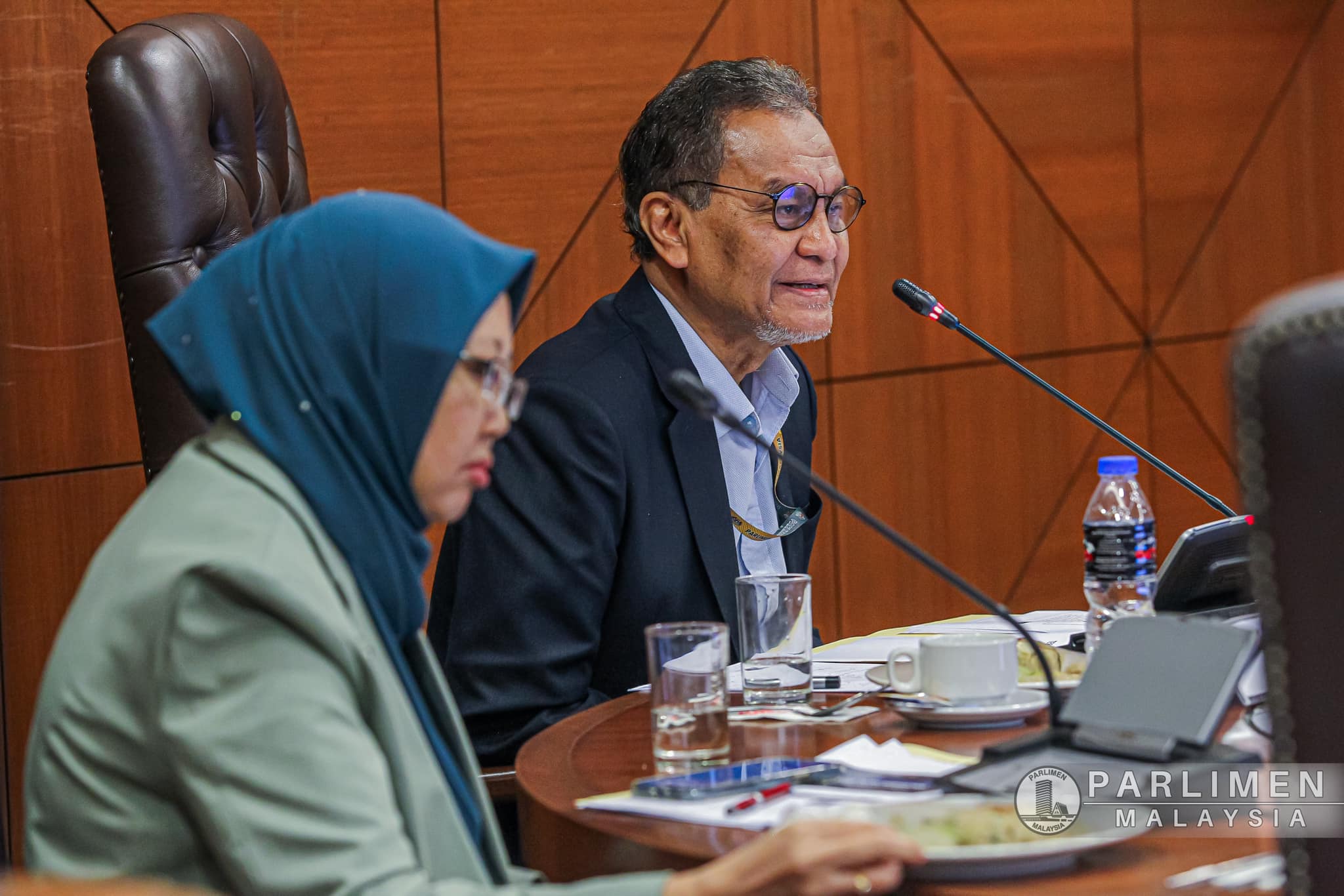KUALA LUMPUR, June 16 – Former Health Minister Dzulkefly Ahmad today urged the government to restore liquid and gel nicotine back under the control of the Poisons Act 1952.
Dzulkefly, who currently chairs the Health parliamentary special select committee (PSSC), cited Section 6 of the Poisons Act that empowers the Health Minister to add to, remove from, or reinstate in the Poisons List any substance as deemed fit, after consultation with the Poisons Board.
“l would strongly propose that the Minister bring the subject matter to Cabinet to reinstate it on the Poisons Act, if they aren’t able to enforce the measures to all on the downsides of nicotine addiction, including acute nicotine poisoning – which of course would be impossible, save through a massive literacy campaign on health and poisoning,” Dzulkefly told CodeBlue, referring to Health Minister Dr Zaliha Mustafa.
“The onus now is really on the Minister to make a judgement call. But I’m quite sure it is not her call entirely. It is a collective decision of the Cabinet. Remember that this a Madani Government. Our actions speak louder,” added Dzulkefly, a government backbencher and Amanah strategy director.
In an unprecedented move, the government referred the Control of Smoking Products for Public Health Bill 2023, which regulates tobacco and vape products, to the Health PSSC last Monday after the first reading.
There are currently no regulations for vape and e-cigarettes whatsoever, as tobacco regulations under the Food Act 1983 exclude these products.
This means that nicotine vape will continue to remain legally accessible to children and teenagers aged below 18 for at least another four more months until the next Dewan Rakyat meeting in October, after Dr Zaliha gazetted an order last March 31 to remove liquid and gel nicotine from the Poisons List to enable the taxation of e-liquids with nicotine.
“Now that it’s going to be extended to until October, i.e. a long lacuna, l would strongly propose that the Cabinet consider stepping up measures to ensure it wouldn’t expose more school-going children to vaping and hence, nicotine addiction,” Dzulkefly said.
“Just imagine the thousands of Malaysians, particularly children, who would be hooked to nicotine addiction in this period of lacuna. Do you know how difficult it is to kick the habit of nicotine addiction?
“So what measures can be put in place to avoid the downside of this exemption of liquid containing nicotine from the Poisons Act? This is not an easy feat; it is a nightmare for enforcement officers.”
Dzulkefly – who was health minister in the Pakatan Harapan (PH) administration under Prime Minister Dr Mahathir Mohamad from 2018 to 2020 – related the immense difficulty he faced in pushing through a smoking ban at eateries in 2019.
“Truth be told, it wasn’t easy at all for me to convince Tun M and Cabinet to execute the banning of cigarettes in public eateries. Tun M, in jest, once in Cabinet, called me an extremist for insisting on this public policy,” Dzulkefly said.
“Detractors called me the ‘3-Metres Minister’. But my deputy and l stood our ground,” he added, referring to Deputy Health Minister Dr Lee Boon Chye.
“Finally, we won the support of the public, even amongst some smokers. Some wrote to me that they quit smoking because of my policy. You know, we have so much goodwill for the PH government because of the smoking ban in public eateries.”
Health PSSC Plans Meetings Next Week, More Stakeholder Engagements
Now that the tobacco bill is with the Health PSSC, the select committee plans to have several meetings on it as soon as next week, rather than to wait for the start of the next parliamentary meeting in October.
Dzulkefly said the Health PSSC also plans to meet a few more stakeholders to discuss the Control of Smoking Products for Public Health Bill, including the Bar Council, tobacco and vape industry representatives, and non-governmental organisations (NGOs).
“Engagements or consultations were mostly done in the last PSSC. Unless vehemently requesting it, l don’t think we need to reinvent the wheel or repeat the exercise,” said the Kuala Selangor MP.
The Health, Science and Innovation PSSC in the 14th Parliament – chaired by Bandar Kuching MP Dr Kelvin Yii, who is now special advisor to Dr Zaliha – had held numerous stakeholder engagements on the first iteration of the tobacco bill, the Control of Tobacco Product and Smoking Bill 2022.
Both the 2022 and 2023 bills contain the generational end game (GEG) provision that bans tobacco and vape products for anyone born from 2007.
Dr Zaliha, when referring the Control of Smoking Products for Public Health Bill 2023 to the Health PSSC last Monday, said certain parties wanted some matters “refined” in the bill, including the Health PSSC from a meeting she had with them last June 6.
When asked what concerns the Health PSSC had with the tobacco bill, Dzulkefly clarified that the select committee was not shown the text of the bill in their June 6 meeting with the health minister.
“Substantively, my PSSC members are not fully aware of the entire bill and all, except myself, are new members. No specific concerns per se, except the idea of decoupling the GEG expressed by a few,” Dzulkefly told CodeBlue.
Dzulkefly stressed that as Kuala Selangor MP, he supports the Control of Smoking Products for Public Health Bill.
“I’m just wanting to make sure that all my earlier contentions, i.e. to avoid the unintended punitive outcome, be addressed, which apparently is so now.”








